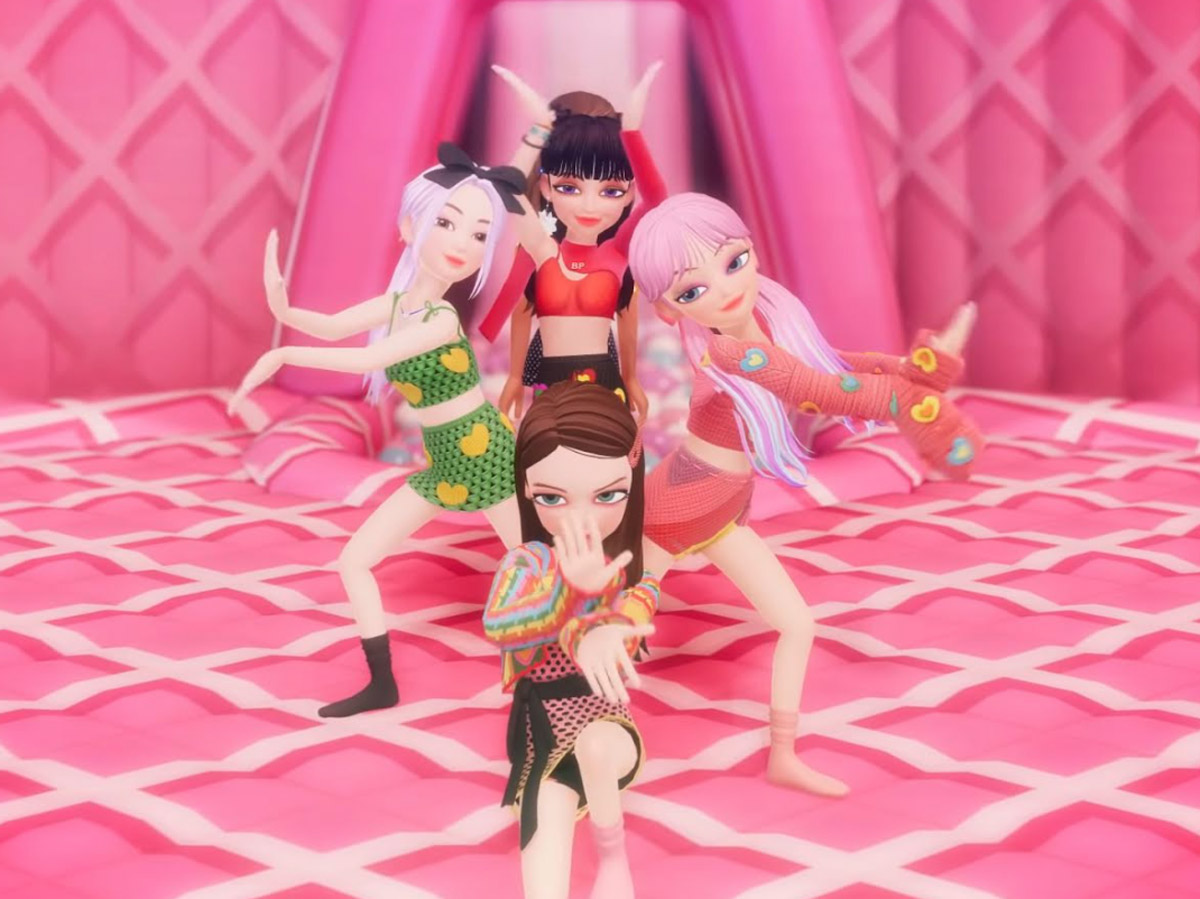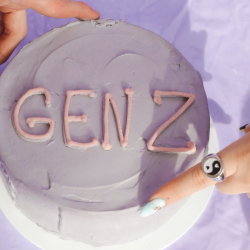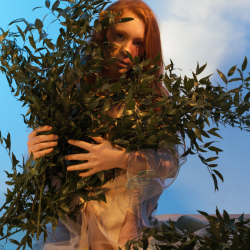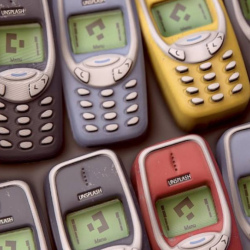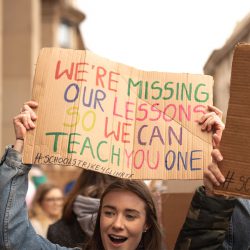Finding a way to differentiate ourselves and connect with like-minded people is part of human nature. But the way that consumers are able to express themselves and find their place in the world is evolving. And the ongoing evolution of the web is to thank.
Having grown up in the age of social media, developing an online identity has always been a vital part of Gen Z’s lives. Social networks have provided users with a space to explore and try on different personas freely without the commitment and potential exposure to scrutiny IRL. In fact, 35% of British 18-20 year olds have multiple online profiles within the same platform and 28% say their online profiles portray a completely different person to who they embody in their day to day lives. There is a clear need for self-expression amongst this demographic, and social media is facilitating this — allowing Gen Z to fragment their personalities, experiment with different versions of themselves, and attract like-minded followers.
The stage is set for social users to be whoever they want
It’s encouraging to see the focus shift steadily towards authenticity and positivity. Social network BeReal is fast growing in popularity amongst the TikTok generation, and it offers a bold ‘community not clout’ mentality. Built around a concept where users are encouraged to only share in the moment, the platform is helping Gen Z to reveal their authentic selves and make stronger, more meaningful connections with others.
The unabated demand for socialising online has in turn given way to a meteoric rise in the popularity of gaming. Through this medium too, we are seeing behaviour evolve as users increasingly open themselves up to the gaming community and find others with the same interests and values. Players on Animal Crossing are even having their first dates in-game, having chatted to their potential matches on Tinder and making the move over to their personalised islands to meet virtually and continue their connection.
Gamers aren’t just seeking out people who like the same thing as them; they’re seeking out people who like the same thing for the same reasons. Discussion forum Reddit is enjoying a revival at the moment, particularly amongst users who champion good vibes only. ‘Low sodium’ subreddits have been set up specifically to eliminate salty energy in online gaming so that communities can chat with like-minded, positive people and have the best time possible.
This leads us to the latest iteration of the internet — the persistent, shared social space known as The Metaverse. With exciting new locations and niche social groups to explore, a whole new virtual world is opening up. A huge 52% of Gen Z gamers feel more like their true selves in the metaverse than in their physical lives – and that’s a big indication that this space is allowing younger generations to define who they are and where they belong. Virtual events and themed worlds such as Sunsilk City in Roblox, BLACKPINK’s virtual fansign in ZEPETO and She Can STEM in Minecraft are all great examples of bringing like-minded users together to share their passions and discover new friends along the way.
Slightly less mainstream than some other metaverse platforms, VRChat is doing things differently by putting power in the hands of the community, and as a result it’s emerging as a popular place for users to hang out and be unapologetically themselves. A huge part of the welcoming and accepting atmosphere on VRChat is down to the creator-centric approach — the virtual world is built by users, for users — and this opens up countless opportunities for audiences to collaborate and foster connections with others.
So, what does this mean for marketers?
Primarily, knowing about these online behaviours will help brands understand what makes a hugely important consumer power base tick. Opportunities for authentic self-expression and niche community-driven experiences in the virtual world are a vital way to create meaningful value by giving users a voice and encouraging them to find their crowd.
Featured image: BLACKPINK / YouTube

















